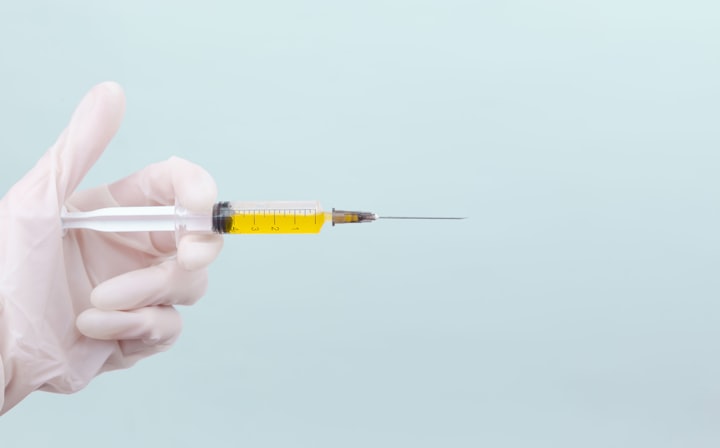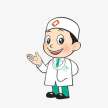What Are The Side Effects Of Injection Therapy for Adenomyosis
Does injection therapy have any side effects on adenomyosis?

For many patients with adenomyosis, pain relievers are challenging to relieve their pain, and doctors will recommend injections generally. Adenomyosis is a kind of estrogen-dependent disease. Endometrial cells of patients growing in the myometrium due to ectopic position will also be stimulated by their estrogen and shed and bleed along with the menstrual cycle. Due to the inability of drainage, they will be deposited in the myometrium of patients, forming benign lesions.
Injections for adenomyosis are called "false menopause." By injecting Leuprolide or Diphereline, it can inhibit ovarian function and regulate the secretion of estrogen in patients so that the hormone level can support the menopause and cause atrophy of the endometrium, reduction or cessation of menstruation, removal of lesions in the myometrium, shrinking of the uterus, alleviating the symptoms of dysmenorrhea and irregular menstruation.
However, long-term injection therapy has certain side effects.
Interfere with female internal secretion. Adenomyosis is mainly caused by the intrusion of the glands and stroma of the endometrium into the myometrium, which affects the normal function of the endometrium, resulting in menstrual disorders, dysmenorrhea, infertility, and other symptoms. Injection therapy can be selected for conservative treatment. Drugs that promote the release of gonadotropin are generally chosen for injection, which will stimulate or inhibit the secretion of gonadotropin for the pituitarium, causing the apoptosis of cells.
However, it can also have side effects. It can inhibit the growth and ovulation of ovarian follicles, decrease hormone levels, and cause side effects such as vaginal dryness, transient amenorrhea, decreased libido, osteoporosis, reduced pregnancy rates, and sleep disorders.
Cause osteoporosis. In severe cases, long-term injection treatment for adnomyosis will lead to osteoporosis. After taking the drug, the estrogen level in the body will decrease, leading to osteoporosis. Patients usually have low back pain, which spreads along the spine to both sides and is aggravated when sitting for a long time. It will also cause a cough when bending over and become more severe when defecating hard. Since calcium loss due to osteoporosis is irreversible, it can also lead to fractures in severe patients.
Cause other diseases. Patients with adenomyosis may suffer from chronic amenorrhea due to the action of drugs, which will lead to terine atrophy, poor blood circulation, and premature ovarian failure. A few patients may suffer from congestion and rash at the injection site. Few patients may have abnormal abdominal distension, abdominal pain, nausea, vomiting, constipation, diarrhea, and other symptoms.
The symptoms will rebound after the withdrawal of the drugs. Some patients with adenomyosis feel better in every way when they take medicine, and their symptoms can rebound when they stop taking medicine. After stopping the drug, menstruation returns, the patient's menstrual volume is even more extensive, and the uterus also increases in size!
Clinically, the injection cannot be used as a long-term treatment for adenomyosis, and it can only be a short-term treatment failing to cure adenomyosis. Patients are advised to go to the hospital for surgical treatment when necessary. Common operations include adenomyosis removal and total hysterectomy.
In addition, TCM can also be chosen for treatment. Adenomyosis is usually treated by taking herbal medicine orally or by an enema with natural herbs to promote blood circulation and remove blood stasis and dredge the channels. Several patients also take physiotherapy to promote pelvic blood circulation and the absorption of adenomyosis fluid.
Patients in the menstrual period should keep abdominal warmth, and they can not eat cold and spicy stimulating food to avoid aggravating stomach pain. Patients must maintain a balanced nutrition, reasonable arrangement of work and rest time, and appropriate outdoor exercise in daily life to enhance their resistance and promote disease recovery as soon as possible.
About the Creator
Amanda Chou
Looking to restore your life troubled by prostatitis, epididymitis, seminal vesiculitis and other male reproductive system diseases? Here are the resource to help you in this endeavor.





Comments
There are no comments for this story
Be the first to respond and start the conversation.